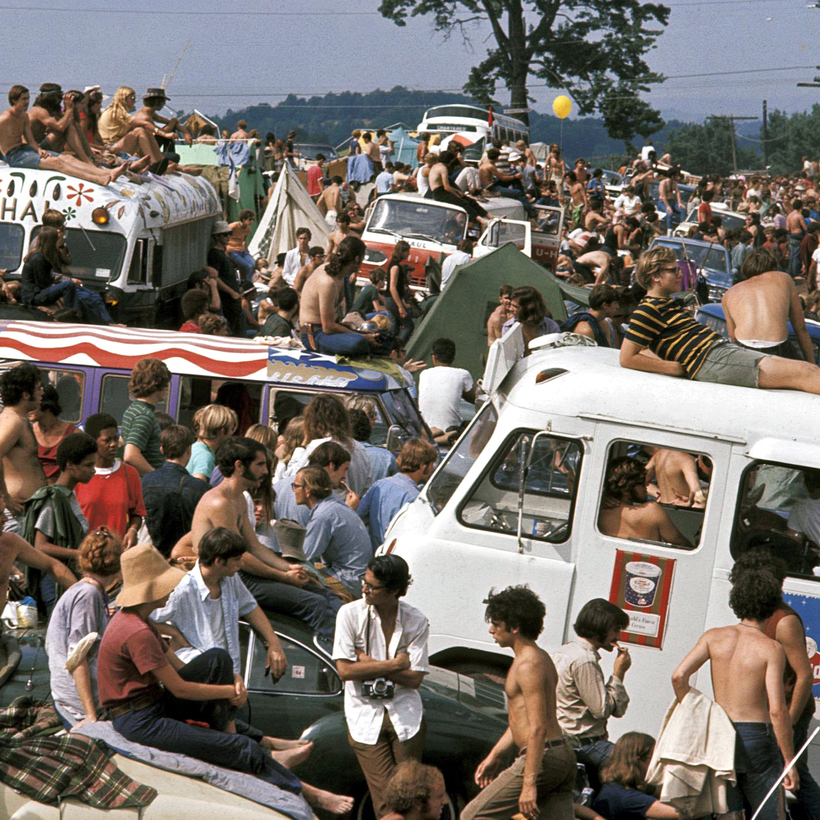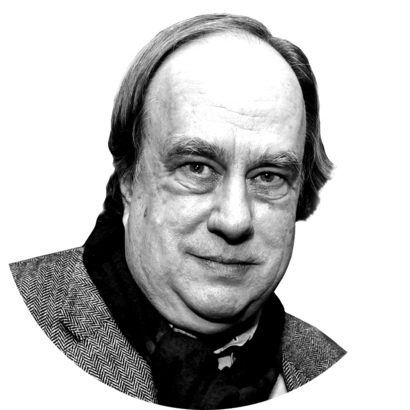Fifty years on, the Woodstock Festival of August, 1969, is one of those rare pop landmarks that refuses to be washed away. It has entered history and lore as the last blossoming of flower power before the decade went dark—a triumph of communal energy and can-do spirit—and its golden anniversary arrives packaged with a commemorative bundle of nostalgic reveries, historical revisionism, unearthed treasures, and plaintive threnodies to Innocence Lost.
Barak Goodman’s long-brewing documentary Woodstock: Three Days That Defined a Generation, which opened in select theaters on Memorial Day weekend after premiering at the Tribeca Film Festival, emphasizes never-before-seen footage and audio testimonies from those who made the shlep. For those who prefer glossy scrapbooks as their hot tub time machines, lavishly produced keepsakes such as Pilgrims of Woodstock: Never Before Seen Photos (Red Lightning Books), featuring text by John Kane and photographs by Richard F. Bellak, and Woodstock: 3 Days of Peace & Music (Reel Art Press), the official anniversary edition assembled by Michael Lang, the festival’s original creator, immerse readers in those bygone days of good vibes.
Woodstock has entered history and lore as the last blossoming of flower power before the decade went dark.
And then there’s Michael Wadleigh’s special director’s cut of Woodstock, a three-hour concert documentary that debuted in 1970, which plays nationwide on August 15 in select theaters. The motion picture was and remains a phenomenal record of bravura flourishes and extended jams, its use of split screens heightening the wraparound power of sound and spectacle (among the editors wielding Ginsu knives on the footage were the legendary Thelma Schoonmaker and a talented fella named Martin Scorsese).
Sixteen at the time, I didn’t make it to Woodstock, but the panoramic, prismatic splendor of Wadleigh’s documentary was the perfect immersive substitute. It afforded the up-close intimacy that only a documentary camera can.
James Wolcott was a longtime contributor to Vanity Fair and is the author of the memoir Lucking Out: My Life Getting Down and Semi-Dirty in Seventies New York and the essay collection Critical Mass.

